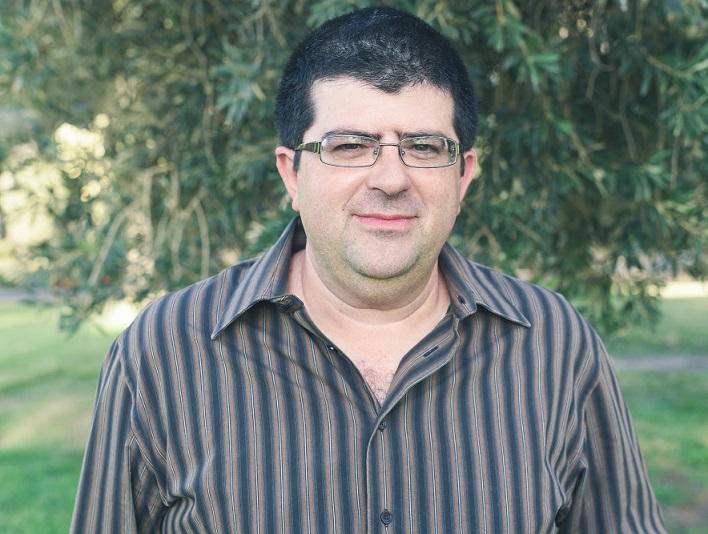BGU's Prof. Jacob Moran-Gilad will develop novel approaches to combat antibiotic-resistant bacteria as part of a new Swiss consortium, which just received a 25 million Euro grant for the next four years. The AntiResist National Centre of Competence in Research (NCCR) features a number of Swiss universities and hospitals. BGU is the only institution included outside of Switzerland.
Antibiotic-resistant bacteria are a rising global health threat. Current research is struggling to address the issue because laboratory conditions and the human body are so different. The NCCR is developing new approaches in order to better understand the biochemical and biophysical processes caused by bacterial pathogens in infected patients and to simulate them in tissue modeling.
The findings will help researchers to develop new antibiotics more rapidly, and to identify new and innovative antimicrobial effect mechanisms on the basis of which new medicines can be developed.
The research will focus on four pathogens that cause major problems throughout the world. The NCCR's overriding objective is to initiate a paradigm change in infection research by adopting an interdisciplinary approach that brings together research groups from the fields of clinical research, biology, chemistry, engineering, and pharmacology.
Prof. Moran-Gilad is the PI of the Microbiology, Advanced Genomics, and Infection Control Applications (MAGICAL) group at the Department of Health Systems Management, School of Public Health, Faculty of Health Sciences. The Department of Health Systems Management is interdisciplinary and belongs to the Faculty of Health Sciences and the Guilford Glazer Faculty of Business and Management.

He earned his medical degree and a Master's degree in public health at BGU. As an MD, he specialized as both a consultant clinical microbiologist and a consultant in public health medicine, being the only physician in Israel to pursue such training. Prof. Moran-Gilad is a physician-researcher at BGU and the Soroka University Medical Center.
His current research involves the development and validation of laboratory methods for rapid diagnosis of infectious diseases, harnessing genomics and metagenomics for the study of the epidemiology and transmission of various pathogens of public health interest (e.g. Legionella pneumophila, multi-resistant Acinetobacter spp., Campylobacter spp. and Poliovirus) and the integration and application of such methods in health protection, using advanced genomics.